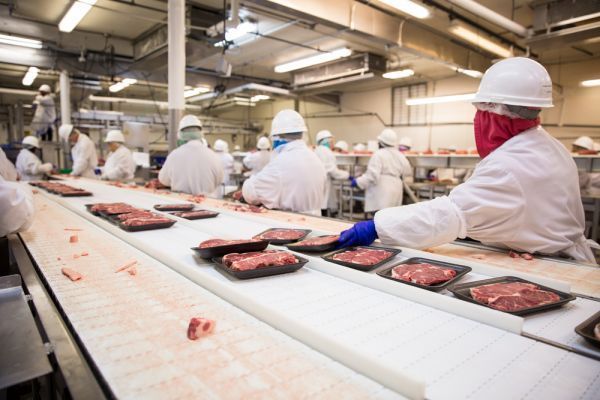Ag Groups Seek Help from State

Illinois agriculture asks Governor JB Pritzker to please continue to consider employees of livestock processing plants as essential workers to gain earlier access to vaccines when they become available in the letter below.
The Illinois Beef Association (IBA), Illinois Corn Growers Association (ICGA), Illinois Farm Bureau (IFB), Illinois Milk Producers Association (IMPA), Illinois Pork Producers Association (IPPA) and Illinois Soybean Association (ISA) sent the letter November 24th and highlighted the need for workers at food processing plants to be in early groups of those offered the vaccine in order to protect our food supply.
Every sector in Illinois continues to face unprecedented challenges because of COVID-19. Earlier this year food distribution was disrupted due to outbreaks at processing plants which resulted in plant shutdowns. Livestock farmers were devastated to see shortages of their products at grocery stores across the state.
Since March, the packing plant industry developed COVID-19 control and assessment plants following the Meat and Poultry Processing Workers and Employers Interim Guidance developed by the Center for Disease Control (CDC) and Occupational Safety and Health Administration (OSHA).
Processing plants made significant changes to their daily functions and provided every employee with Personal Protective Equipment (PPE). Additionally, they enforced distancing guidelines all while cleaning and disinfecting more frequently throughout the plant.
With a vaccine coming in the near future, the ag groups would like the State of Illinois to continue designating packing plant employees as essential workers per a previously signed executive order. This designation allows them to receive priority level status in the draft plan for vaccine distribution.
Allowing processing plant employees early access to the vaccine will help prevent any future outbreaks, which will ensure the food chain operates smoothly. Most importantly, it will protect the lives and health of those who work under these current conditions to deliver food across the nation.







